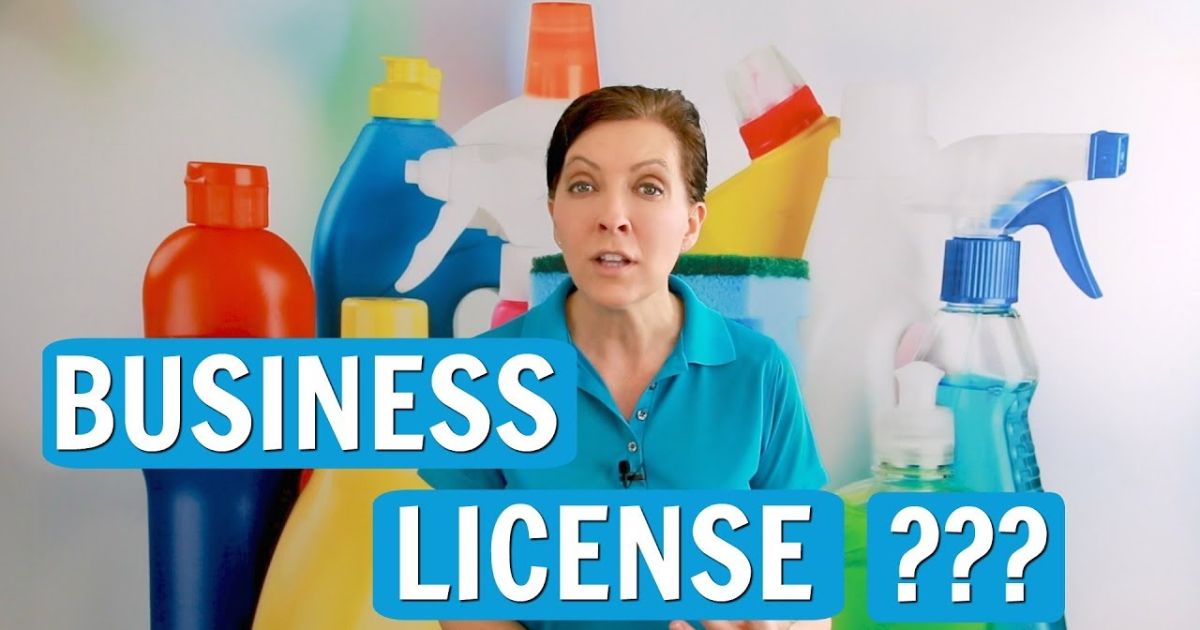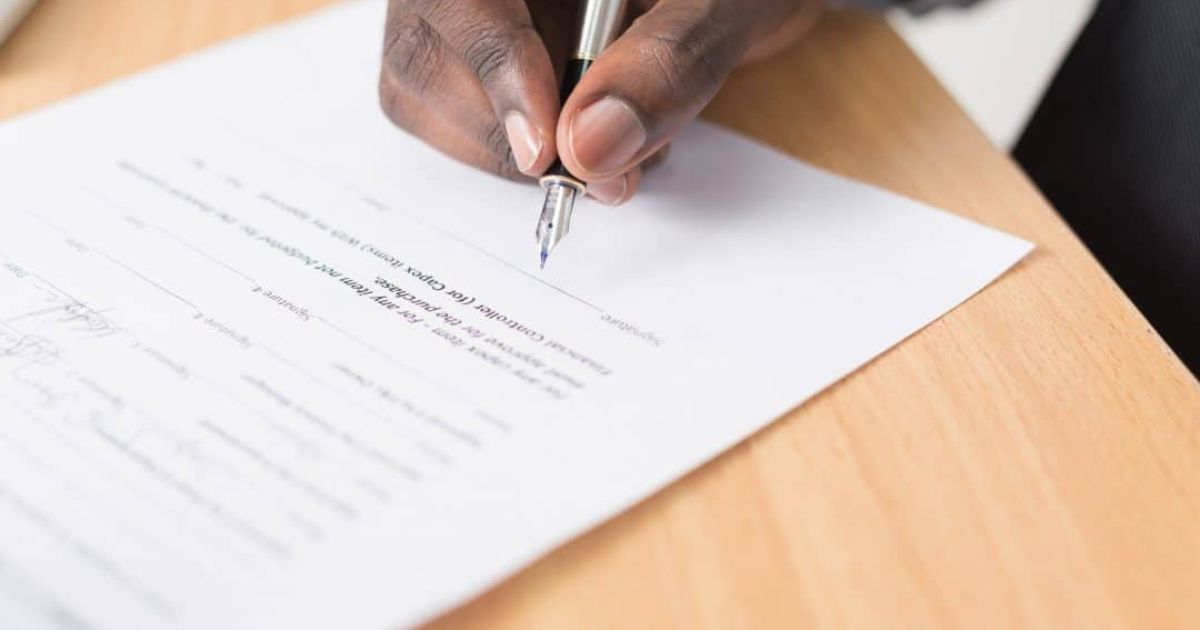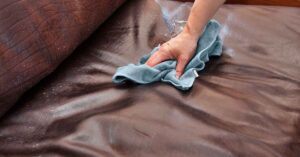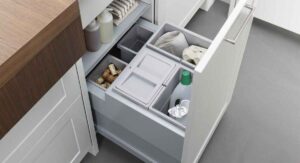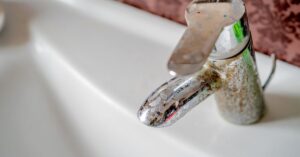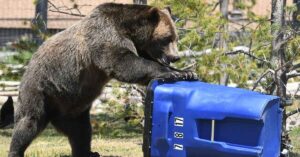Starting a cleaning business can be a rewarding venture, but it requires more than just a mop and bucket. Cleaning Without Insurance? As the saying goes, “Success is built on a solid foundation.” In this case, that foundation is obtaining the necessary licenses. From a business license to environmental permits, there are several key licenses you’ll need to ensure legal compliance and build trust with your clients. Let’s explore the licenses needed to start a cleaning business and set yourself up for success in this thriving industry.
Key Takeaways
- A business license is necessary to provide cleaning services and establishes credibility and trust with potential customers.
- A cleaning service permit validates credibility and compliance with local regulations and ensures certain standards of cleanliness, safety, and professionalism.
- Environmental permits are essential for compliance with environmental regulations and responsible handling and disposal of potentially hazardous materials.
- An employer identification number (EIN) is crucial for managing taxes and legally hiring employees, and insurance coverage is essential for protecting the business from risks and liabilities.
Business License
What is the purpose of obtaining a business license for a cleaning business? A business license is a legal requirement that allows you to operate your cleaning business. It serves as proof that you have met the necessary requirements and have the proper authority to provide cleaning services to clients. Obtaining a business license is crucial for establishing credibility and trust with potential customers.
It assures them that your business is legitimate and adheres to the regulations and standards set by the local authorities. Additionally, a business license also protects you from potential legal issues and penalties. By obtaining a business license, you demonstrate your commitment to professionalism, safety, and compliance, which can help you build a strong reputation within the cleaning industry and attract more clients.
Cleaning Service Permit
To operate a cleaning business, it is essential to obtain a cleaning service permit, which further validates your credibility and compliance with local regulations. A cleaning service permit is a document issued by the relevant authorities that allows you to legally offer cleaning services in a specific area. This permit ensures that you meet certain standards of cleanliness, safety, and professionalism.
Obtaining a cleaning service permit involves submitting an application, paying a fee, and meeting certain requirements set by the local government. These requirements may vary depending on the location, but they often include proof of liability insurance, background checks for employees, and compliance with health and safety regulations. By obtaining a cleaning service permit, you demonstrate your commitment to operating a legitimate and trustworthy cleaning business.
| Benefits of Obtaining a Cleaning Service Permit | Requirements for Obtaining a Cleaning Service Permit | Potential Consequences of Operating Without a Cleaning Service Permit |
|---|---|---|
| Ensures compliance with local regulations | Proof of liability insurance | Fines and penalties |
| Enhances credibility and professionalism | Background checks for employees | Legal repercussions |
| Validates the legitimacy of the cleaning business | Compliance with health and safety regulations | Loss of potential customers |
| Provides peace of mind for customers | Meeting specific cleanliness standards | Difficulty in obtaining contracts and partnerships |
Employer Identification Number (EIN)
Obtaining an Employer Identification Number (EIN) is another crucial step in establishing a cleaning business, as it enables you to effectively manage your taxes and legally hire employees. An EIN is a unique nine-digit number assigned by the Internal Revenue Service (IRS) to identify your business entity for tax purposes. It is essentially your business’s social security number.
With an EIN, you can file tax returns, open a business bank account, and hire employees. Additionally, it helps to separate your personal and business finances. To obtain an EIN, you can apply online through the IRS website or by mail. Once you have your EIN, you can then move forward with the next important step in starting your cleaning business: obtaining insurance coverage.
Insurance Coverage
Once you have obtained an Employer Identification Number (EIN), the next crucial step in starting a cleaning business is securing appropriate insurance coverage. Insurance coverage is essential for protecting your business from potential risks and liabilities. As a cleaning business owner, you will need to consider several types of insurance policies. General liability insurance is a must-have as it covers bodily injury, property damage, and advertising injury claims.
Workers’ compensation insurance is also necessary if you have employees, as it provides coverage for medical expenses and lost wages in case of workplace injuries. Additionally, you may need commercial auto insurance if you use vehicles for your business operations. It is crucial to research different insurance providers and policies to find the best coverage at a competitive price. By ensuring you have the necessary insurance coverage, you can provide peace of mind to your clients and protect your business in the event of unforeseen circumstances.
Bonding and Surety
Securing bonding and surety is a crucial aspect of starting a cleaning business, ensuring trust and financial protection for both your clients and your business. Here are four reasons why bonding and surety are essential for your cleaning business:
- Building Trust: Having a bond gives your clients peace of mind, knowing that they are protected in case of damages or theft during cleaning services.
- Professionalism: Being bonded shows that you take your business seriously and are committed to delivering high-quality services. It enhances your reputation and credibility in the industry.
- Legal Compliance: Many states require cleaning businesses to be bonded as a way to protect consumers from fraudulent activities. By being bonded, you comply with legal requirements and demonstrate your commitment to ethical business practices.
- Financial Protection: Bonding and surety provide financial coverage in case of accidents, injuries, or property damage caused by your employees. This protection not only safeguards your clients’ interests but also helps your business avoid potential financial setbacks.
Environmental Permits
To ensure compliance with environmental regulations, a cleaning business must obtain the necessary permits. Environmental permits are essential for cleaning businesses as they are responsible for handling and disposing of potentially hazardous materials. These permits ensure that the business is operating in an environmentally responsible manner, minimizing the impact on the surrounding ecosystem. The specific permits required may vary depending on the location and the nature of the cleaning services offered.
Common environmental permits include wastewater discharge permits, hazardous waste permits, and air emissions permits. These permits typically require businesses to implement proper waste management practices, use environmentally friendly cleaning products, and adhere to specific disposal guidelines. By obtaining the necessary environmental permits, a cleaning business can demonstrate its commitment to the environment, gain customer trust, and avoid potential fines or penalties.
FAQ,s
What Are the Typical Startup Costs Associated With Starting a Cleaning Business?
The typical startup costs associated with starting a cleaning business include expenses such as equipment, supplies, marketing, insurance, and licensing fees. These costs may vary depending on the size and scope of the business.
How Can I Market My Cleaning Business to Attract Clients?
To effectively market a cleaning business and attract clients, it is crucial to develop a comprehensive marketing strategy that includes online and offline tactics, such as creating a professional website, utilizing social media, networking, and offering exceptional service to build a positive reputation.
Are There Any Specific Regulations or Requirements for Cleaning Products Used in a Cleaning Business?
There are specific regulations and requirements for cleaning products used in a cleaning business. It is important to ensure that the products used comply with safety and environmental standards set by relevant authorities to protect clients and the environment.
Do I Need Any Specialized Training or Certifications to Start a Cleaning Business?
Specialized training or certifications may be required to start a cleaning business, depending on your location and the specific services offered. It is essential to research local regulations and industry standards to ensure compliance and provide quality services to clients.
What Are Some Common Challenges or Obstacles Faced by Cleaning Business Owners and How Can They Be Overcome?
Cleaning business owners often face challenges such as competition, managing a workforce, and ensuring customer satisfaction. These obstacles can be overcome through strategic marketing, effective employee training, and implementing quality control measures to maintain high standards of service.
Conclusion
Starting a cleaning business requires several licenses and permits to ensure legal compliance. These include a business license, cleaning service permit, Employer Identification Number (EIN), insurance coverage, bonding and surety, and environmental permits. By obtaining these licenses, a cleaning business can operate legally and gain the trust of clients. It is essential to understand and fulfill these requirements to establish a successful and reputable cleaning business. So, don’t forget to dot your i’s and cross your t’s when it comes to licensing for your cleaning venture.
